President Trump’s television habit is legendary. Watching TV is built into his daily schedule – dubbed “Executive Time” – and his iconic Twitter feed always gives away what he’s watching. So it’s logical that this well-known quirk is changing how advocacy targeting the White House and administration is now being conducted— at least by interest groups that are focused on “Trumpy” issues and that have their heads screwed on right.
For years, the norm in Washington, DC has been that if you want progress on your issue, you drop a six figure (or more) sum in order to lobby Congress and the administration. Here’s the problem: In addition to the fact that lobbyists have been the focus of a great number of ethical scandals in DC (think everyone from Jack Abramoff to all the lobbyists busted as part of the Mueller probe), President Trump— love him or hate him— just can’t be lobbied. He’s not influenced by what typical DC power-brokers, who he views as the elitists he ran against, think about issues. He may care about what their clients are paying them to say, but he doesn’t want to hear it from influence-peddlers who will say anything they’re paid to say. He also tends to make decisions based on his own opinions and his gut, not the advice of his staff. He is very influenced by what he sees on TV, and that seems to be why groups that are pushing Trumpy policy positions are increasingly taking to the airwaves during his favorite shows to try to influence him (other examples here and here).
In the latest iteration of this strategy, a new ad focused on the 340b prescription drug discount program seems to be targeted directly at Trump.
The ad features apparent stereotypical Trump voters and #MAGA types – older, white Americans who look like the people you find in a lot of rural America (one of them is even wearing a #MAGA hat). In the ad, they watch Trump and Health and Human Services (HHS) Secretary Alex Azar announcing the President’s prescription drug price plan and responding negatively to the prospect of curtailing the 340b program. A core reason the ad may be effective with Trump isn’t just that it apparently features his “base”; it’s also that in reality, whatever you may think about the 340b program, it is heavily relied upon by a lot of these same voters— older, white, rural, working class, especially in places like Appalachia (this may explain why Republicans like Sen. Shelley Moore Capito and Sen. Rob Portman are big defenders of it).
Why is the ad running? The simple answer is that big pharmaceutical companies have been trying to cut it in recent years, worried that it’s denting their profits (the program costs taxpayers nothing, but does entail drug companies allowing their products to be sold at a discount to clinics and hospitals that serve poor or uninsured populations, like those you find across Appalachia; unsurprisingly, the drug companies would rather their products were never sold at a discount). Democrats like California Rep. Scott Peters have been on board with this. Advocates for the program are hoping Republicans, led by Trump with his disdain for high drug prices and his base of voters who benefit from the program, might be its savior.
Will the gambit work? Whether one personally likes it or not, Trump has already changed the American political landscape, building a new right-of-center political coalition and realigning the electoral map. Now, he may be inadvertently changing how political debate and issue advocacy is conducted, with interest groups bypassing stereotypical DC “swampy” approaches to influencing opinion and instead pushing their agendas directly over the airwaves.



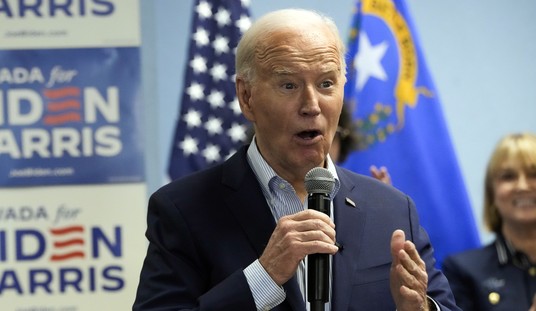


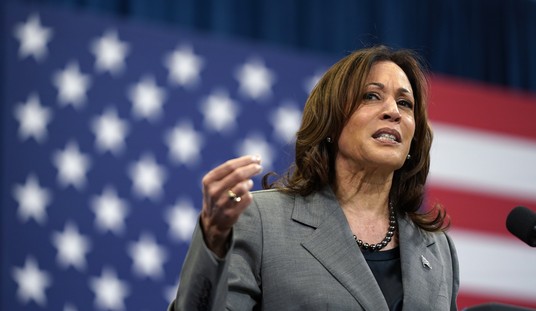



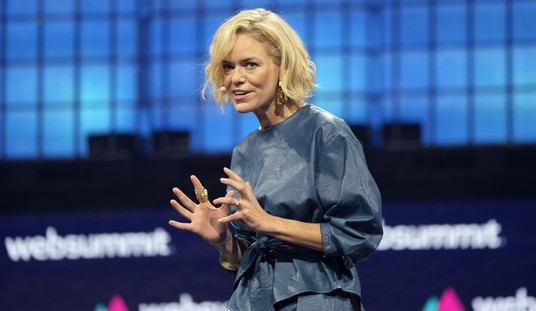
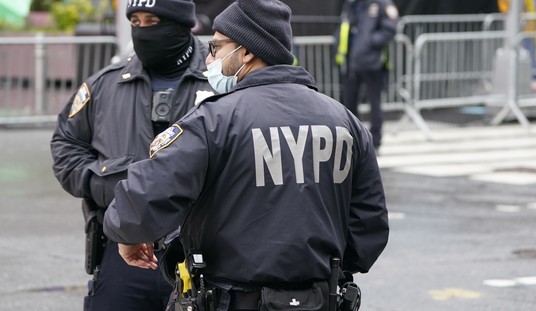
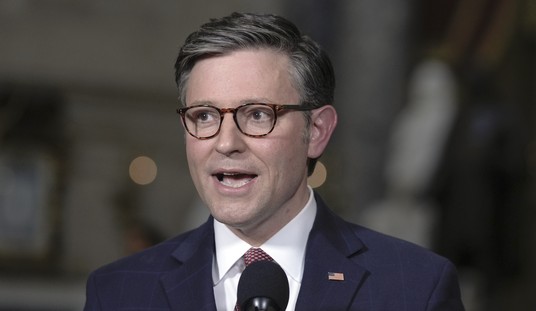
Join the conversation as a VIP Member